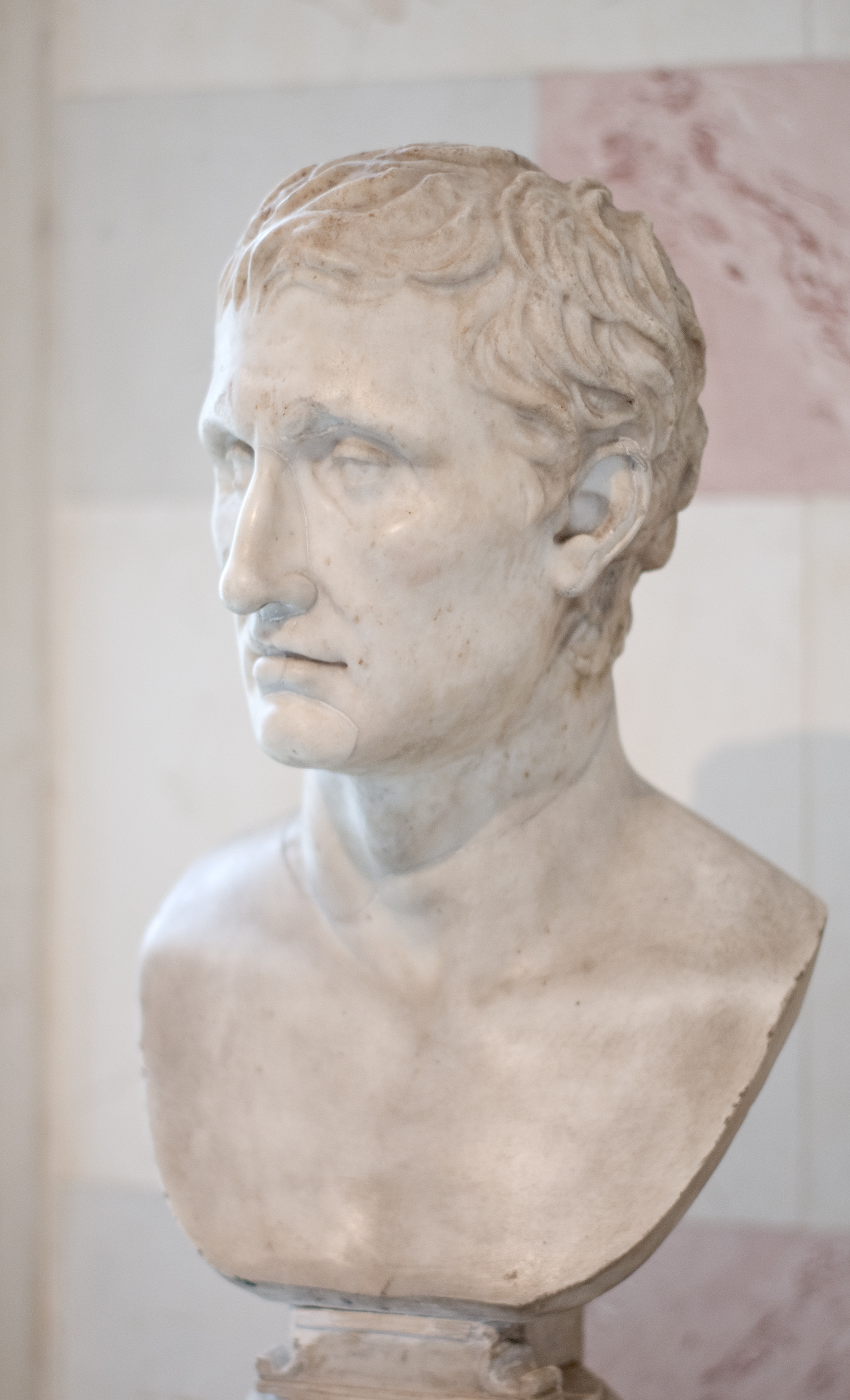Fuente: Eusebio, Sebastián Arribas Enciclopedia básica de la vida. Cultivalibros. 2010. ISBN 978-84-99233-42-0. p. 235.
Frases célebres de Menandro
“Bienaventurado el que tiene talento y dinero, porque empleará bien éste último.”
Fuente: Eusebio, Sebastián Arribas Enciclopedia básica de la vida. Cultivalibros. 2010. ISBN 978-84-99233-42-0. p. 170.
Aunque la frase sea universalmente conocida por haberla dicho Julio César al cruzar el Rubicón, es lo cierto que citaba un verso de Meneandro.
Fuente: Citado en O'Reilly, Bill; Dugard, Martin. Matar a Jesús: La historia. https://books.google.es/books?id=hIiSCwAAQBAJ&pg=PT37&dq=La+suerte+est%C3%A1+echada.+Menandro&hl=es&sa=X&ved=0ahUKEwicouTlhNzVAhUJbFAKHRD-DfIQ6AEIKTAA#v=onepage&q=La%20suerte%20est%C3%A1%20echada.%20Menandro&f=false Editorial La Esfera de los Libros, 2016. ISBN 9788490601198.
“Hombre soy: nada de lo humano me es ajeno.”
Fuente: Citado en Echeverria, Rafael. Ontología del lenguaje. Editorial JCSáez Editor, 2015. ISBN 9789563060928.
“Al hombre le cuesta muy poco esfuerzo atraerse la desgracia.”
Fuente: Frases célebres de hombres célebres. Compilado por Manuel Pumarega. 3ª Edición. Editorial México, 1949. p. 92.
“Aquel a quien los dioses aman muere joven.”
Fuente: Citado en Durán Vélez, Jorge. Del género dramático, la historia y nuestra lengua. Editor Universidad del Rosario, 2004. ISBN 9789588225074. p. 55.
Menandro Frases y Citas
“Aunque nunca obres mal, no por eso escaparás al dolor alguna vez.”
Fuente: Diccionario de citas. Colaborador Luis Señor. Editorial Espasa Calpe, 2007. ISBN 978-84-6702-374-9. p. 8.
“La noche siempre trae consejos.”
Fuente: Palomo Triguero, Eduardo. Cita-logía. Editorial Punto Rojo Libros,S.L. ISBN 978-84-16068-10-4. p. 73.
“En la adversidad una persona es salvada por la esperanza.”
Fuente: Palomo Triguero, Eduardo. Cita-logía. Editorial Punto Rojo Libros,S.L. ISBN 978-84-16068-10-4. p. 24.
“Hágase no aquello que deseo, sino lo que sea justo.”
Fuente: Citado en Baccino Astrada, Alma. Ideal laico: ensayo. 1975 Procedencia del original: Universidad de Texas. Digitalizado: 9 noviembre 2007. p. 25.
“La calumnia siempre se ensaña en lo mejor.”
Fuente: Diccionario de citas. Colaborador Luis Señor. Editorial Espasa Calpe, 2007. ISBN 978-84-6702-374-9. p. 368.
“Las costumbres del que nos habla nos convencen más que sus razonamientos.”
Fuente: Ortega Blake, Arturo. El gran libro de las frases célebres. Editorial Penguin Random House Grupo Editorial México, 2013. ISBN 978-60-73116-31-2.
“No es la blancura de los cabellos la que comunica prudencia.”
Fuente: Citado en Yarce, Jorge. Valor para vivir los valores: cómo formar a los hijos con un sólido sentido ético. Editorial Norma, 2004. ISBN 9789580478560. p. 180.
“No es vergonzoso nacer pobre, lo es el llegar a serlo por acciones torpes.”
Fuente: Citado en Guerrero Cañongo, Juan Antonio. El secreto para triunfar en la vida: Guía práctica. Mestas Ediciones, 2016. ISBN 9788416669349.
Menandro: Frases en inglés
Gorgias.
Dyskolos
Contexto: Even if you were a softy, you took the mattock, you dug,
you were willing to work. In this part he most shows himself a man,
whoever tolerates making himself equal to another,
rich to poor. For this man will bear a change of fortune
with self-control. You have given a sufficient proof of your character.
I wish only that you remain as you are.
“To say more than what's necessary
I don't think is appropriate for a man.”
Knemon.
Variant translation: I don't hold with people saying more than they need; but there is one thing more, my child, that I'd like you to know. I just want to say a few things to you about life, and the way people behave. You know, if we were all kind to one another, there'd be no need for law courts, there'd be no arresting people and putting them into prison, and there would be no more war. Everyone would have his little bit, and be content. But maybe you like modern ways better? Well, live that way, then! This difficult and bad-tempered old man will soon be out of the way.
As translated by William Geoffrey Arnott http://www.rhapsodes.fll.vt.edu/menander.htm.
Dyskolos
Contexto: To say more than what's necessary
I don't think is appropriate for a man. Except know this, child —
for I wish to tell you a little about me and my character —
if everyone were like me there wouldn't be law courts,
and they wouldn't take them away to prisons,
and there wouldn't be wars, but having goods in measure each man would be happy.
But perhaps those things are more pleasing. Act that way.
This difficult and grouchy old man will be out of your way.
“Whom the gods love dies young.”
[Epigramatic] Sentences, 425
He whom the gods love dies young.
The Double Deceiver, frag. 4.
Variante: ὃν οἱ θεοὶ φιλοῦσιν, ἀποθνῄσκει νέος.
Fuente: Menander: The Plays and Fragments
“The truth sometimes not sought for comes forth to the light.”
The Girl Who Gets Flogged, fragment 422.
“Marriage, if one will face the truth, is an evil, but a necessary evil.”
Unidentified fragment 651.
“The man who runs may fight again.”
Variant translation: The man who runs away will fight again.
Monosticha.
“At times discretion should be thrown aside, and with the foolish we should play the fool.”
Those Offered for Sale, fragment 421.
“I call a fig a fig, a spade a spade.”
Unidentified fragment 545 K (K = T. Kock, Comicorum Atticorum Fragmenta, 3 vols. (Leipzig 1880/8)), as translated in Menander: The Principal Fragments (1921) by Francis Greenleaf Allinson.
“You are by your epiphany a veritable "god from the machine."”
The Woman Possessed with a Divinity, fragment 227, as translated in Menander: The Principal Fragments (1921) by Francis Greenleaf Allinson; this is one of the earliest occurrences of the phrase which became famous in its Latin form as "Deus ex machina."
The Ghost, 31-43.
